Overview
Pocket knives are versatile tools essential for everyday tasks and emergencies. This guide covers the evolution, types (like folding, fixed blade, and multi-tools), specialized options (fishing, hiking, camping), and the benefits of Damascus Steel. It also provides tips on choosing the right knife based on purpose, material, size, and maintenance for longevity.
Frequently Asked Questions
1. What are pocket knives commonly used for?
2. What are the different types of pocket knives?
3. What is Damascus Steel and why is it popular?
4. How should you care for your pocket knife?
5. What factors should you consider when choosing a pocket knife?
For enthusiasts and novices alike, pocket knives are indispensable tools that combine functionality with convenience. Often overlooked in daily life, the right pocket knife can serve various purposes, from everyday tasks to emergency situations. In this comprehensive guide, we will explore the different types of pocket knives available on the market, highlighting their unique features, uses, and historical significance. Additionally, we’ll dive into the exceptional qualities of Damascus Steel, a favored material among knife aficionados.
The Evolution of Pocket Knives
Dating back to ancient times, pocket knives have undergone significant transformations. Initially crafted for practical tasks, these multifunctional tools have evolved into symbols of craftsmanship and artistry. Today, various styles cater to specific needs, and understanding these types can help you choose the perfect knife for your lifestyle.
Types of Pocket Knives
Folding Knives
Folding knives are perhaps the most recognizable type of pocket knife. They consist of a blade that folds into the handle when not in use, making them compact and easy to carry. These knives are versatile and can be categorized further:
Single-Blade Folding Knives
Single-blade folding knives are the simplest form of folding knives. They are often preferred for their straightforward design and are suitable for everyday carry (EDC). These knives can accommodate various blade shapes, including drop point, clip point, and tanto.
Multi-Blade Folding Knives
Multi-blade folding knives come with two or more blades, each serving different purposes. This type of pocket knife is especially useful for outdoor enthusiasts, who can choose a blade based on their specific needs without carrying multiple knives.
Fixed Blade Knives
While not technically pocket knives, fixed blade knives are worth mentioning. These knives do not fold, offering greater strength and durability. They are often used in survival situations or for heavy-duty tasks. Their design requires more careful handling, especially when it comes to safety and storage.
Multi-Tools
Multi-tools are pocket knives integrated with other tools such as pliers, screwdrivers, and scissors. Ideal for camping or everyday activities, they offer versatility at the expense of some blade efficiency. It’s crucial to assess how often you’ll use each feature to ensure a multi-tool suits your needs.
Specialized Pocket Knives
In addition to the primary categories, several specialized pocket knives cater to specific activities, such as fishing, hiking, and camping.
Fisherman’s Knives
Fisherman’s knives typically come with features like serrated edges for cutting through tough materials, such as fish bones or nets. Some may even include a hook disgorger or a scaler, which can be very convenient for anglers.
Hiking Knives
When hiking, a knife can serve multiple roles: a tool for food preparation, emergency repairs, or even as a self-defense weapon. Hiking knives are often compact and lightweight, making them suitable for travel.
Camping Knives
Camping knives combine a variety of features for outdoor survival. They may include fire starters, can openers, and other essential tools that come in handy while camping. Quality materials, such as Damascus Steel, are a common feature in these knives for their durability and appearance.
The Magic of Damascus Steel
One of the most captivating materials used for pocket knives is Damascus Steel. With its unique patterns and unparalleled strength, it stands out in the realm of blade making. But what exactly is Damascus Steel?
What is Damascus Steel?
Damascus Steel originates from ancient sword-making techniques. Historically, it was made by layering different types of steel, then forging them together, resulting in a blade that combines both toughness and flexibility. The end product exhibits beautiful patterns, which make each piece unique.
Benefits of Damascus Steel in Pocket Knives
- Durability: The layered structure of Damascus Steel enhances its toughness, making it highly resistant to chipping and breaking.
- Edge Retention: Damascus Steel blades can maintain a sharper edge longer than regular steel, requiring less frequent sharpening.
- Aesthetic Appeal: The stunning patterns in Damascus Steel not only provide functional benefits but also artistic value, making the knife an eye-catching piece.
Choosing the Right Pocket Knife for You
When it comes to selecting the perfect pocket knife, personal preferences play a significant role. Here are some factors to consider when making your decision:
Purpose of Use
Identifying the primary use of your pocket knife is crucial. Whether it's for everyday tasks, outdoor adventures, or collector's purposes, knowing what you need will help narrow down the choices.
Blade Material
The blade material affects not only the knife's performance but also its longevity. While stainless steel offers resistance to corrosion, high-carbon steel, including Damascus Steel, provides unmatched sharpness and edge retention. Ultimately, the choice will depend on your usage and maintenance preference.
Size and Weight
Consider how you'll carry the knife. Pocket knives vary in size and weight; smaller, lighter knives are easier to carry daily, while larger knives might be better suited for heavy-duty tasks. Always opt for a size that comfortably fits in your hand and pocket.
Lock Mechanism
Modern folding knives come in various locking mechanisms, including frame locks, liner locks, and back locks. A reliable locking mechanism enhances safety and confidence during use. Always check for the type of lock that fits your comfort level and usage routine.
Caring for Your Pocket Knife
The longevity of a pocket knife largely depends on how well you care for it. Proper maintenance not only keeps your knife functioning but also preserves its aesthetic appeal. Here are some simple care tips:
Regular Cleaning
After each use, clean your knife to remove any dirt or debris. Use warm soapy water and a cloth to wipe down both the blade and handle. Avoid using abrasive materials that could scratch or damage the finish.
Oiling the Blade
Applying a few drops of oil can help improve the knife's performance by reducing friction and preventing rust. Focus on the pivot point and other moving parts to ensure smooth operation.
Sharpening Your Knife
Keeping your pocket knife sharp is essential for optimal performance. Depending on usage, sharpen your blade using a whetstone or honing rod regularly. For Damascus Steel blades, consider professional sharpening if you're unsure of your skills.
Your Next Adventure Awaits!
Understanding the different types of pocket knives and their unique features can make a significant difference in your purchasing decision. Whether you’re looking for a simple everyday carry or a specialized knife for outdoor adventures, the options are plentiful. Don't forget to explore the beauty and functionality of Damascus Steel as you make your selection. By taking the time to consider what you need, you can ensure that the pocket knife you choose will serve you well for years to come.






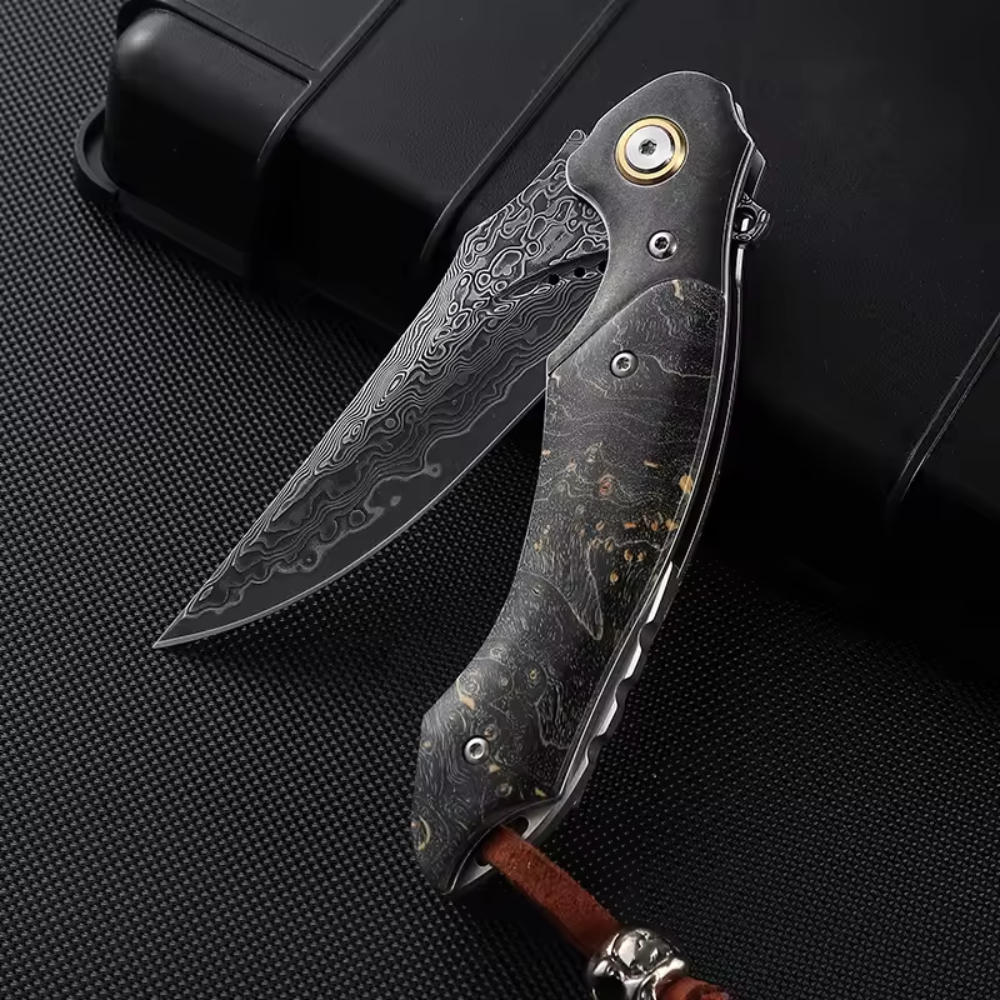
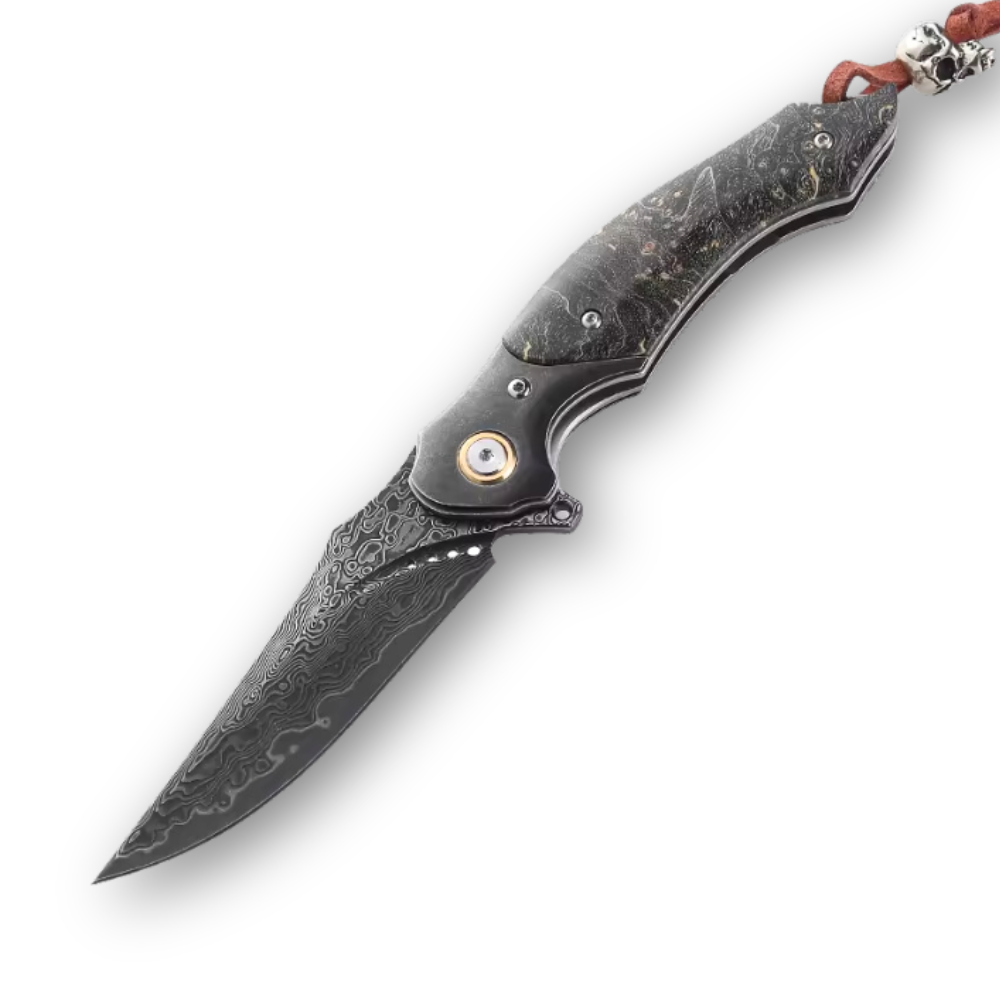
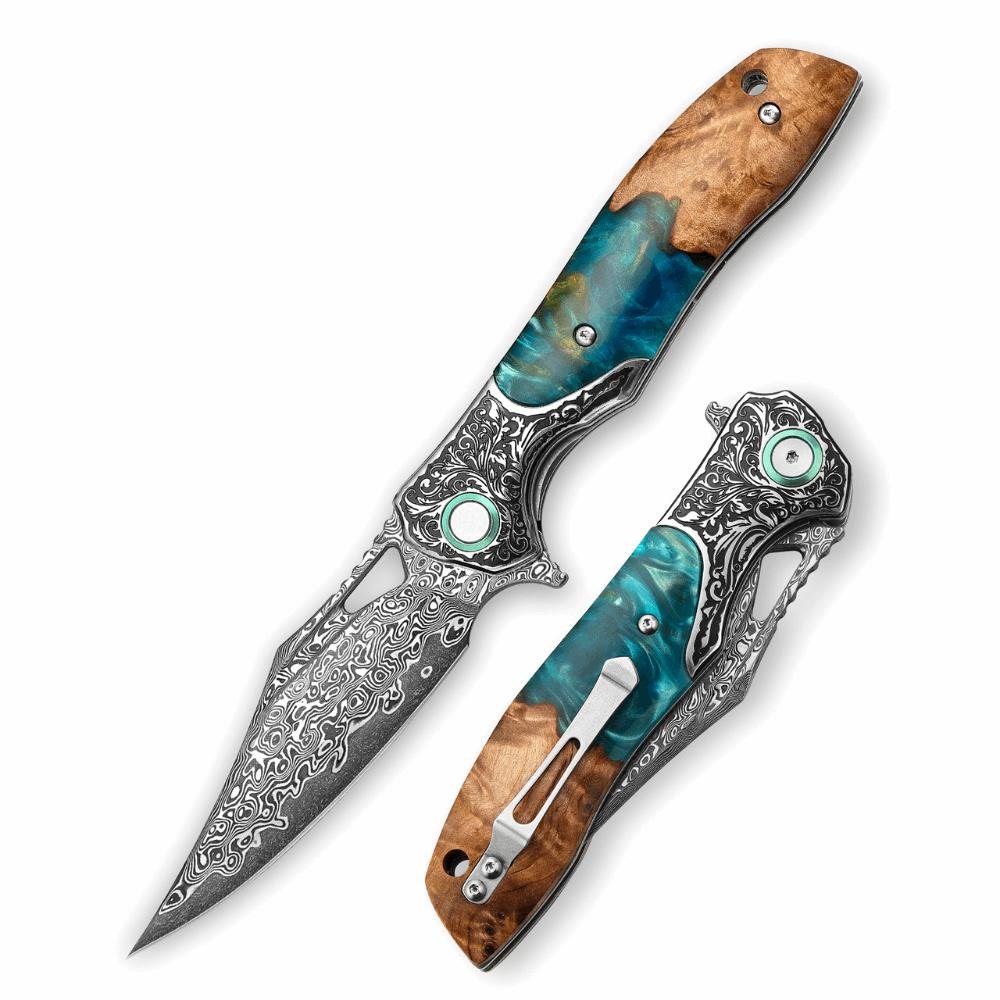
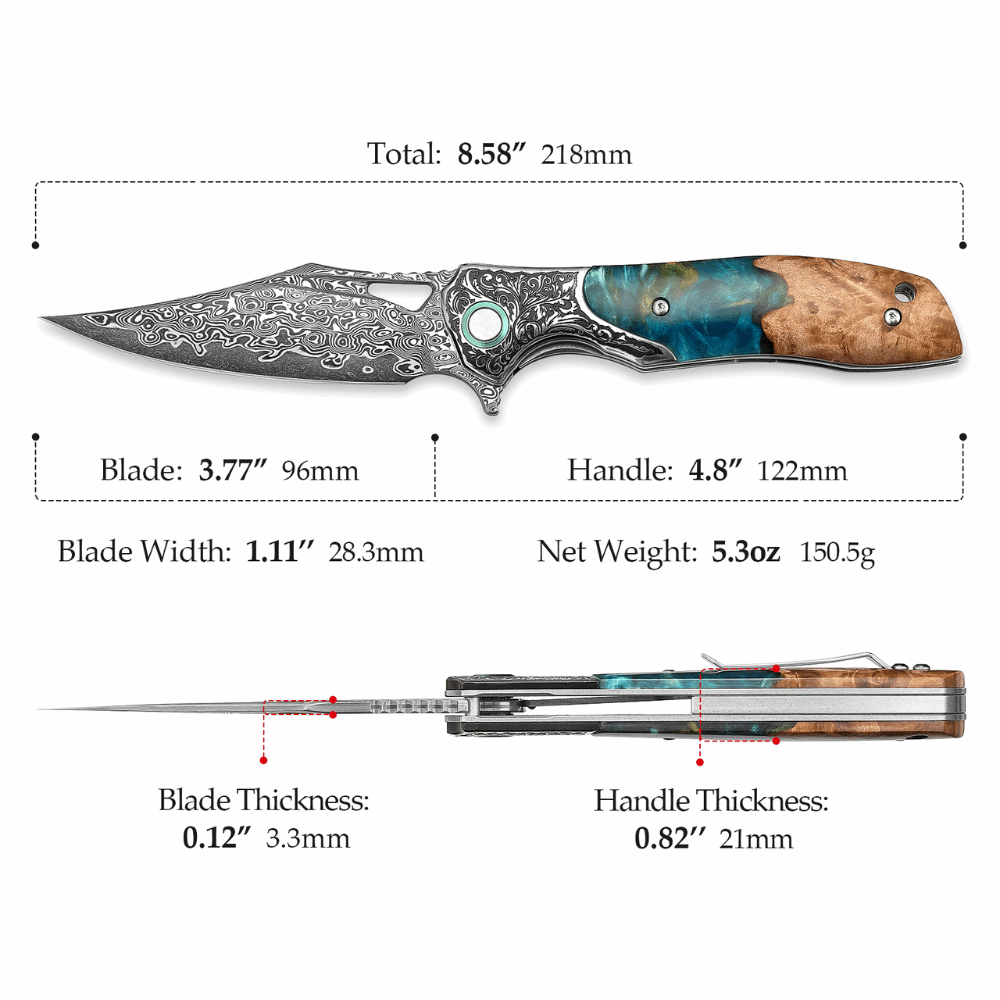
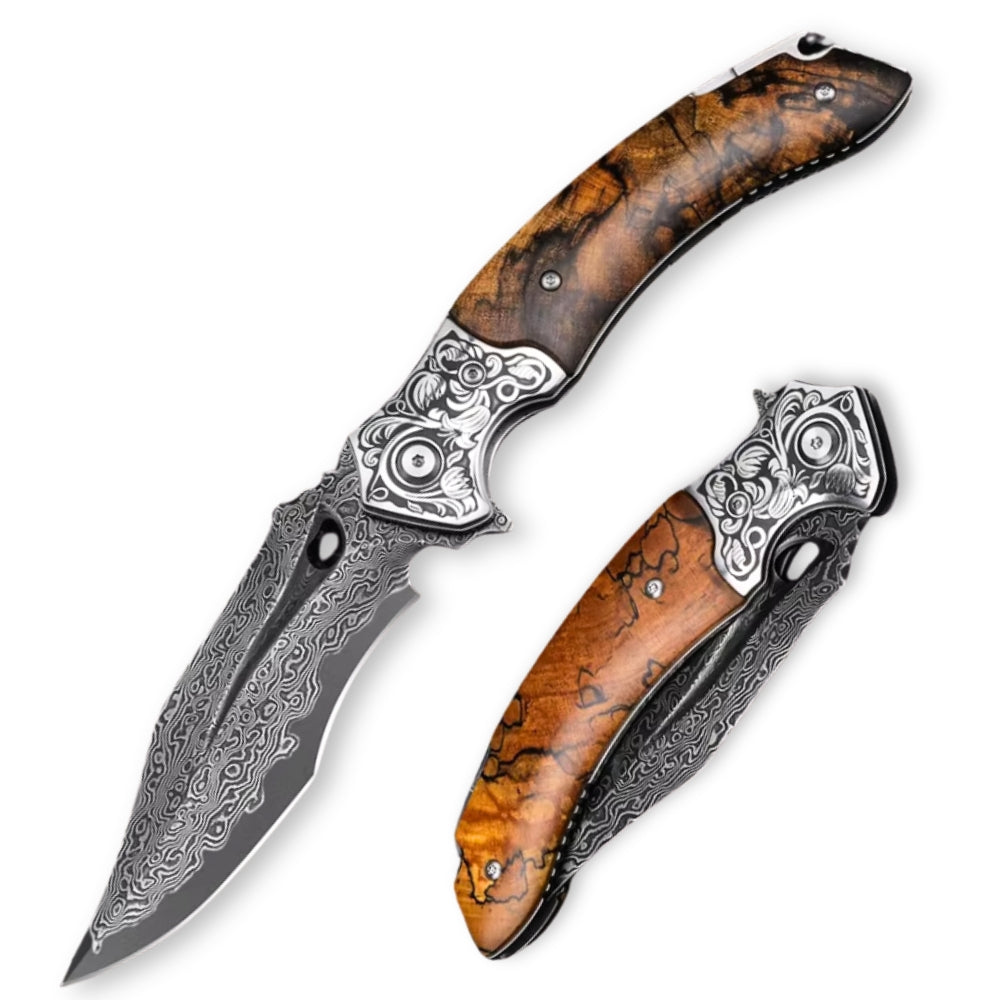
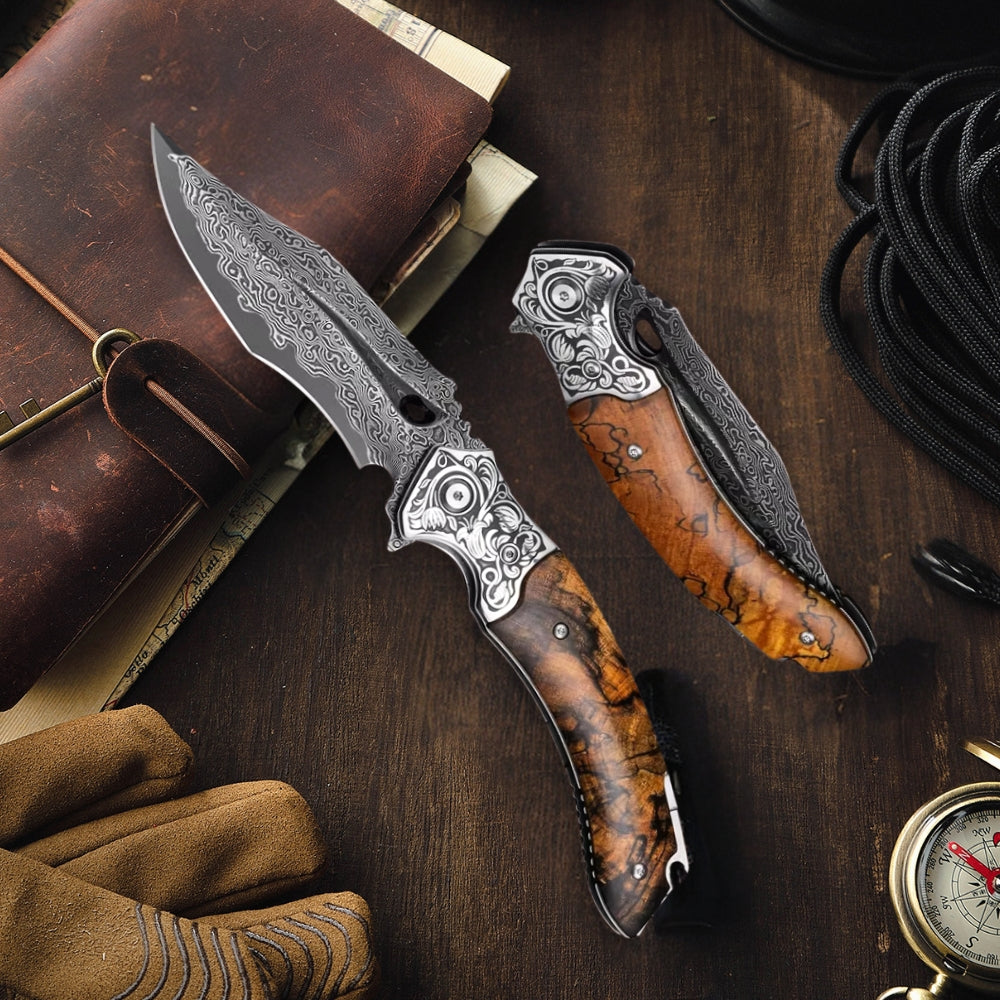
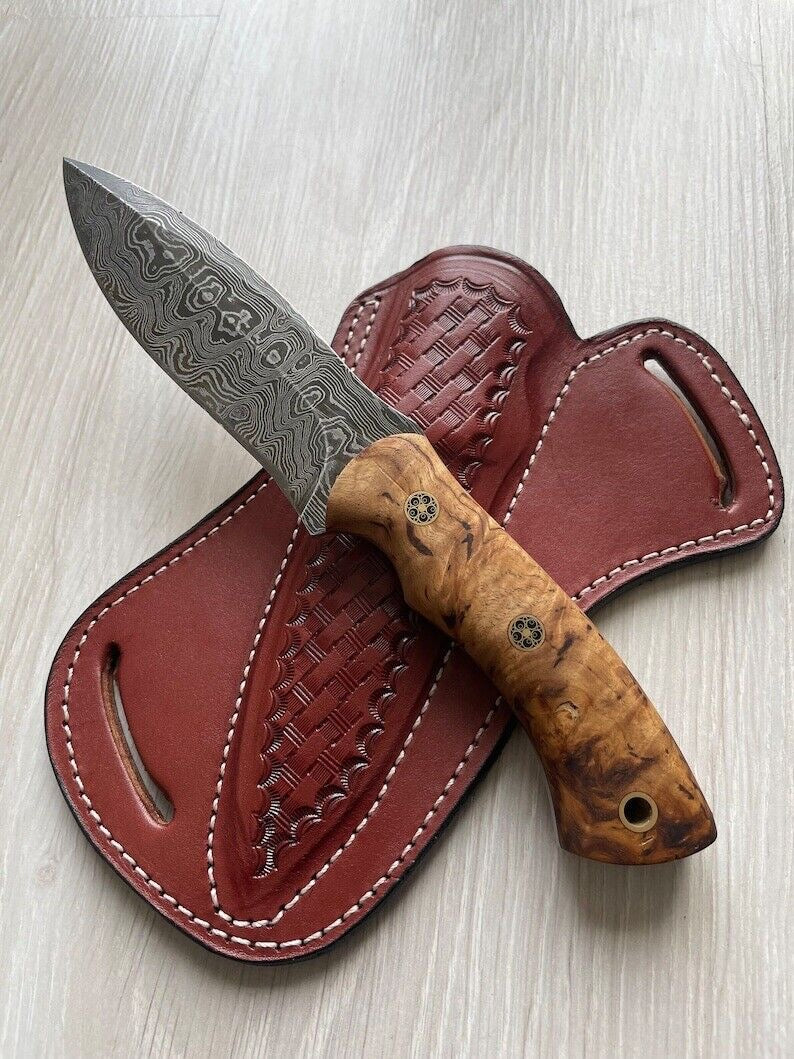
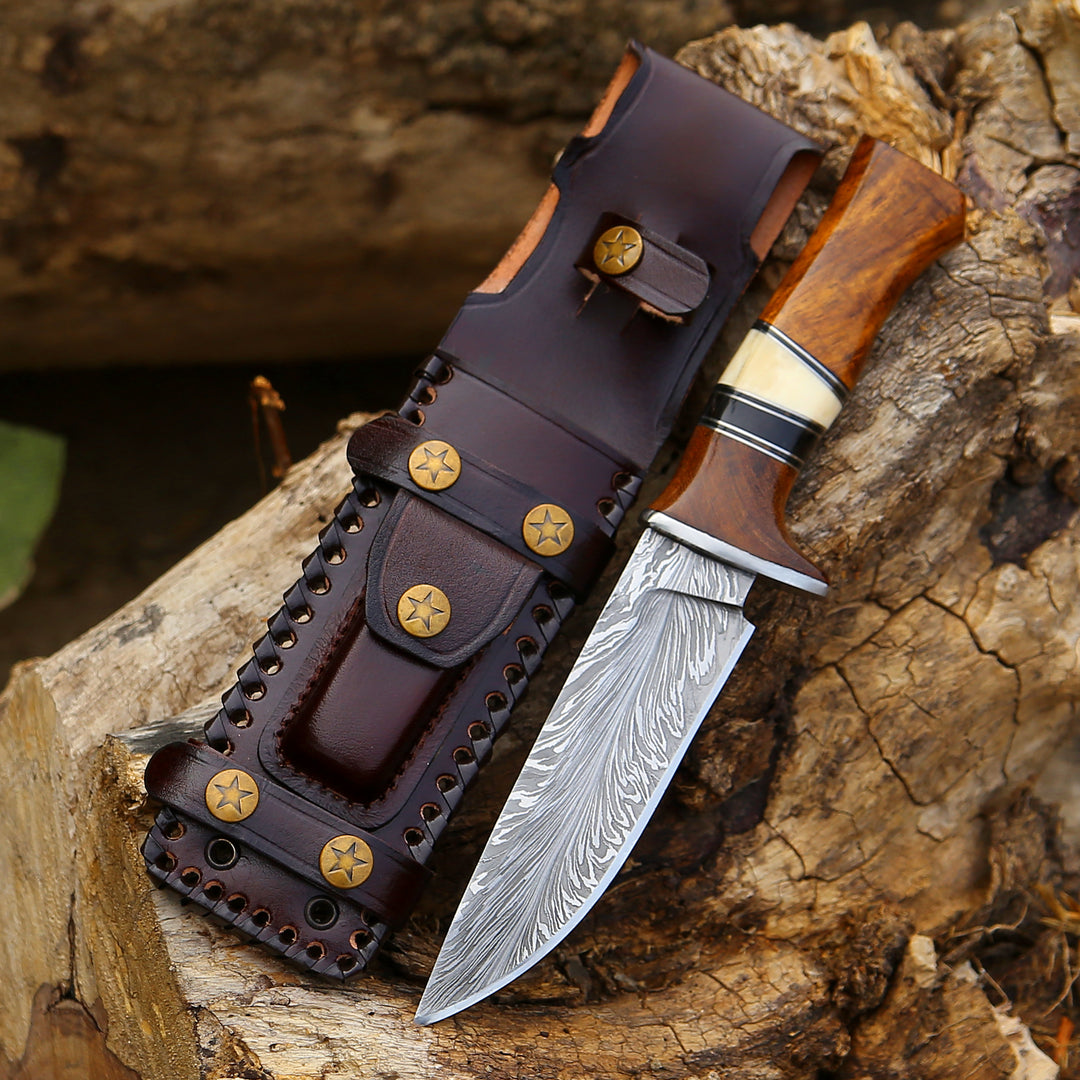
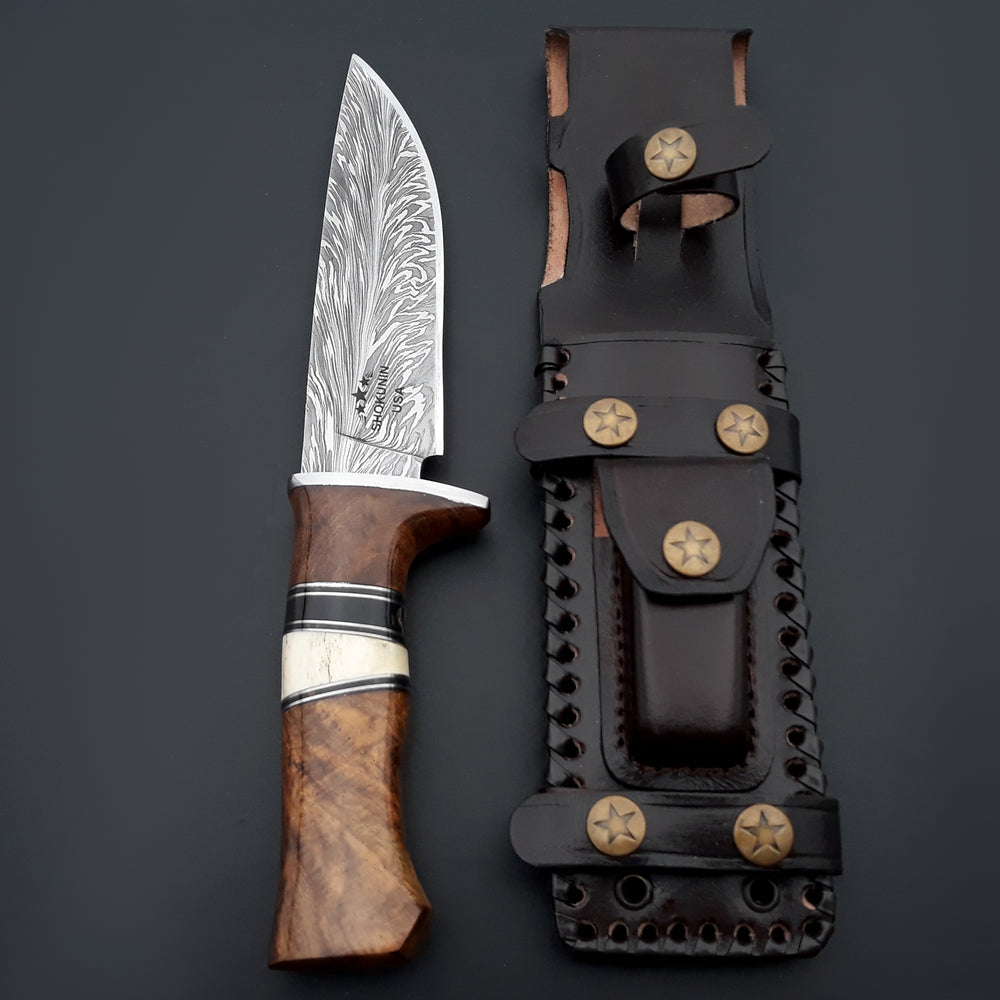
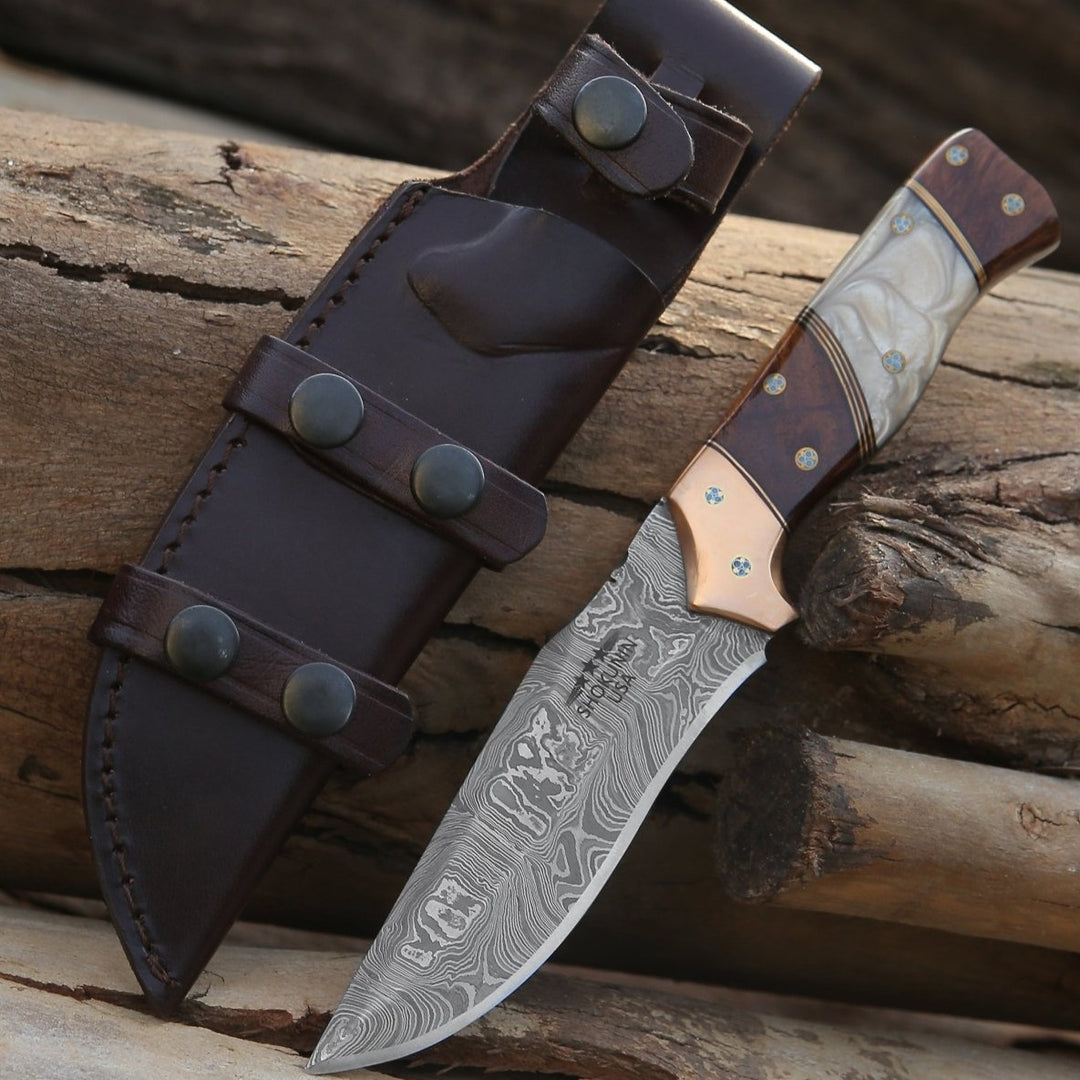
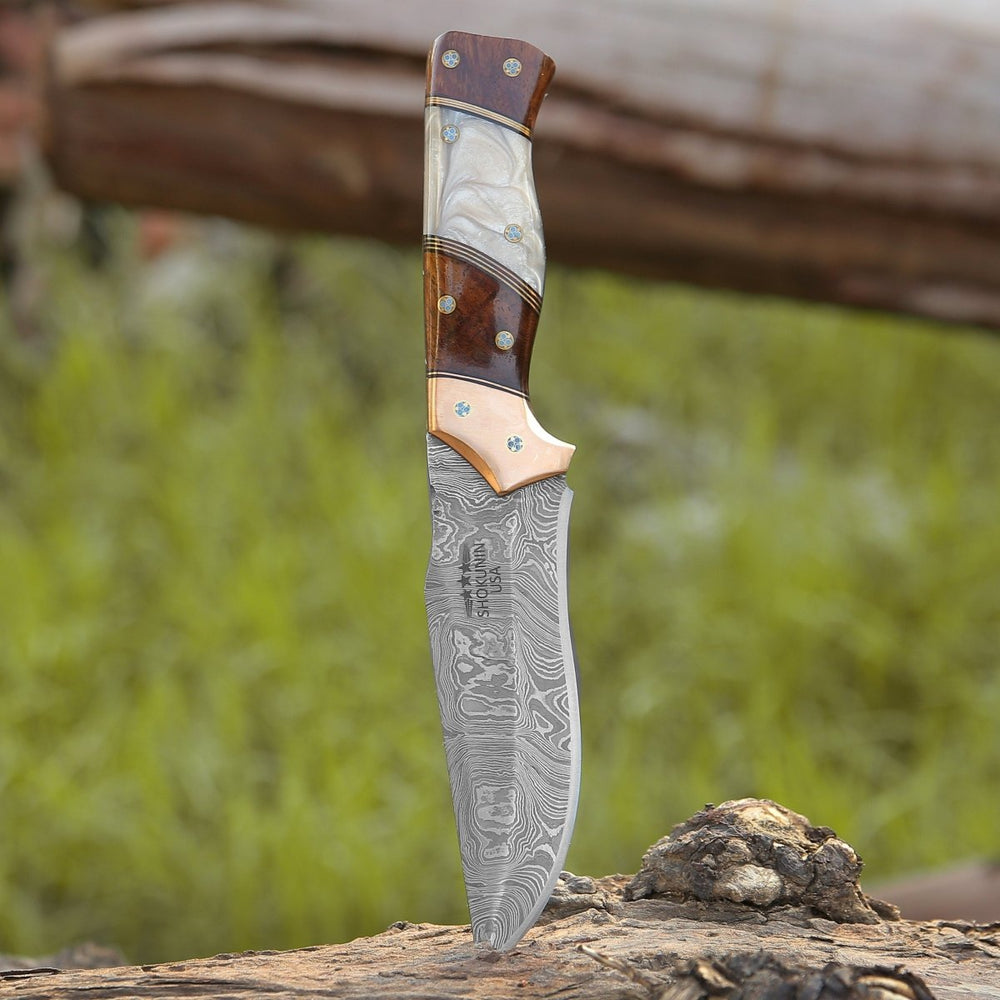
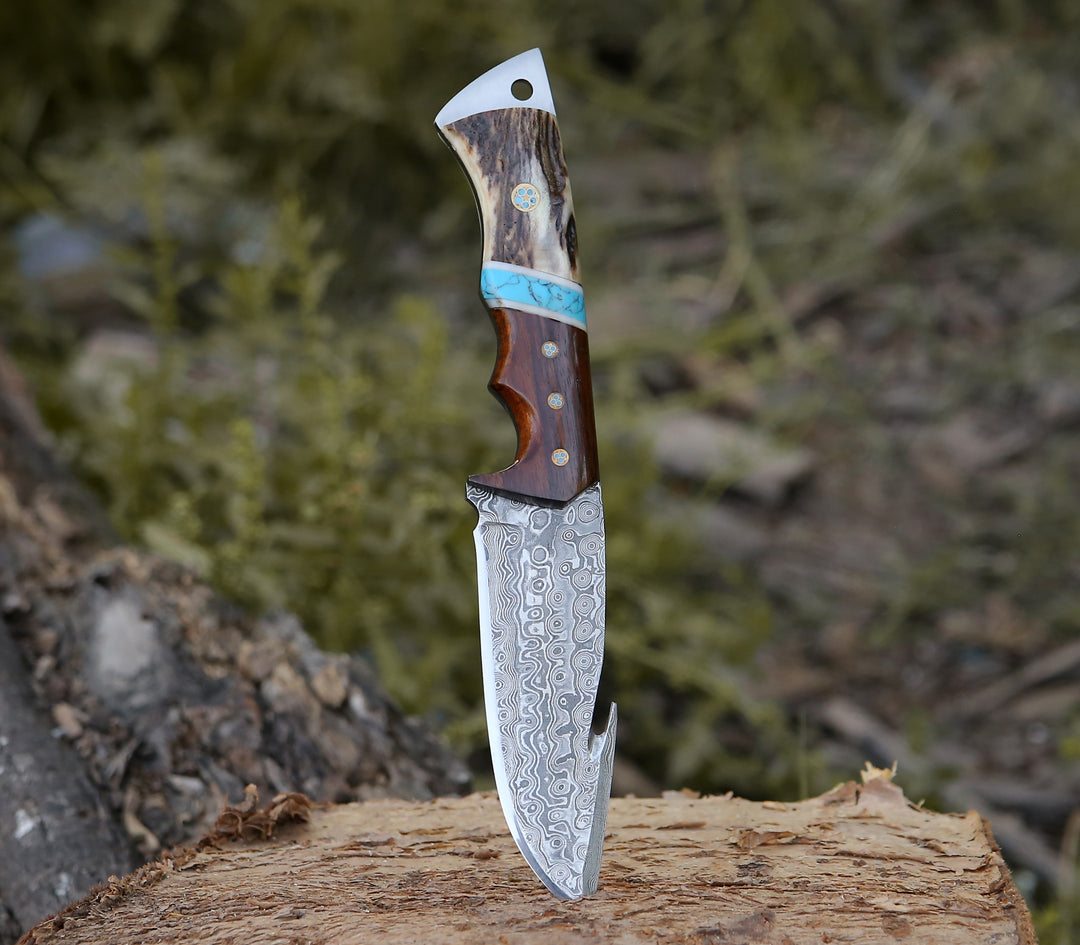
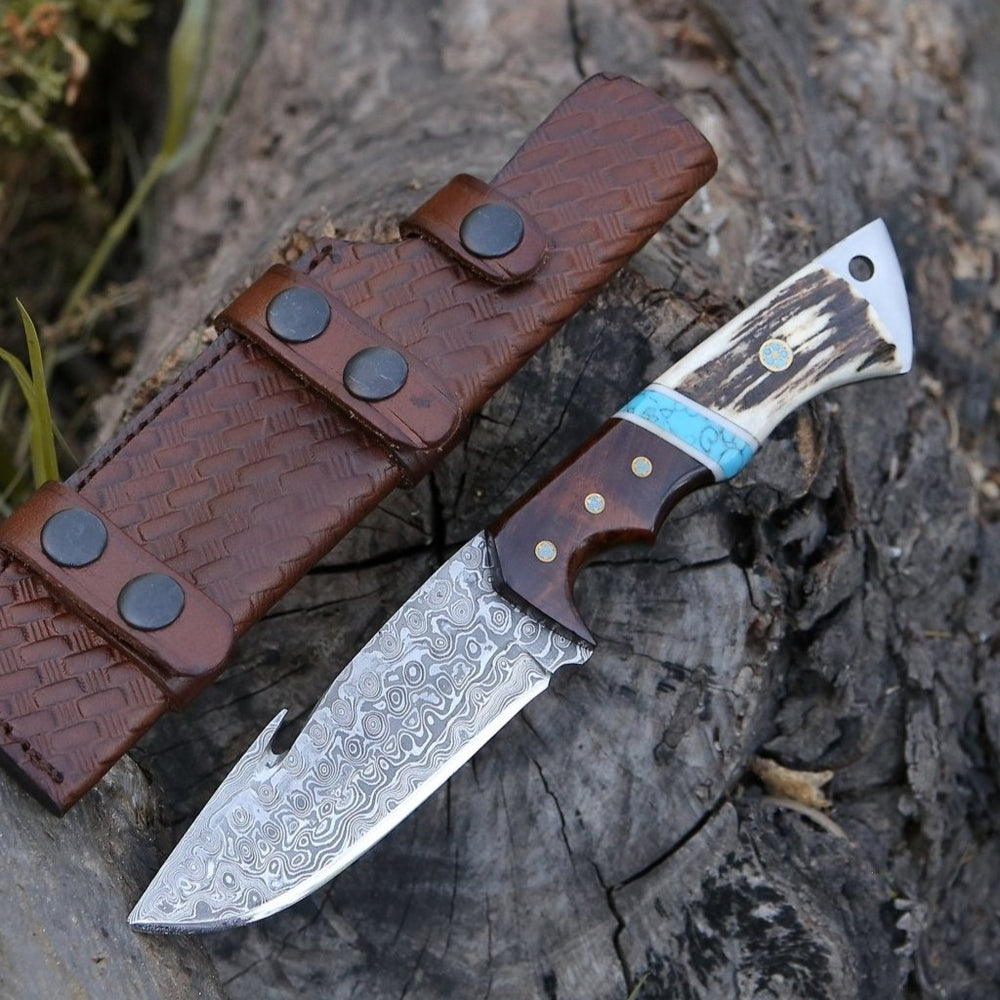
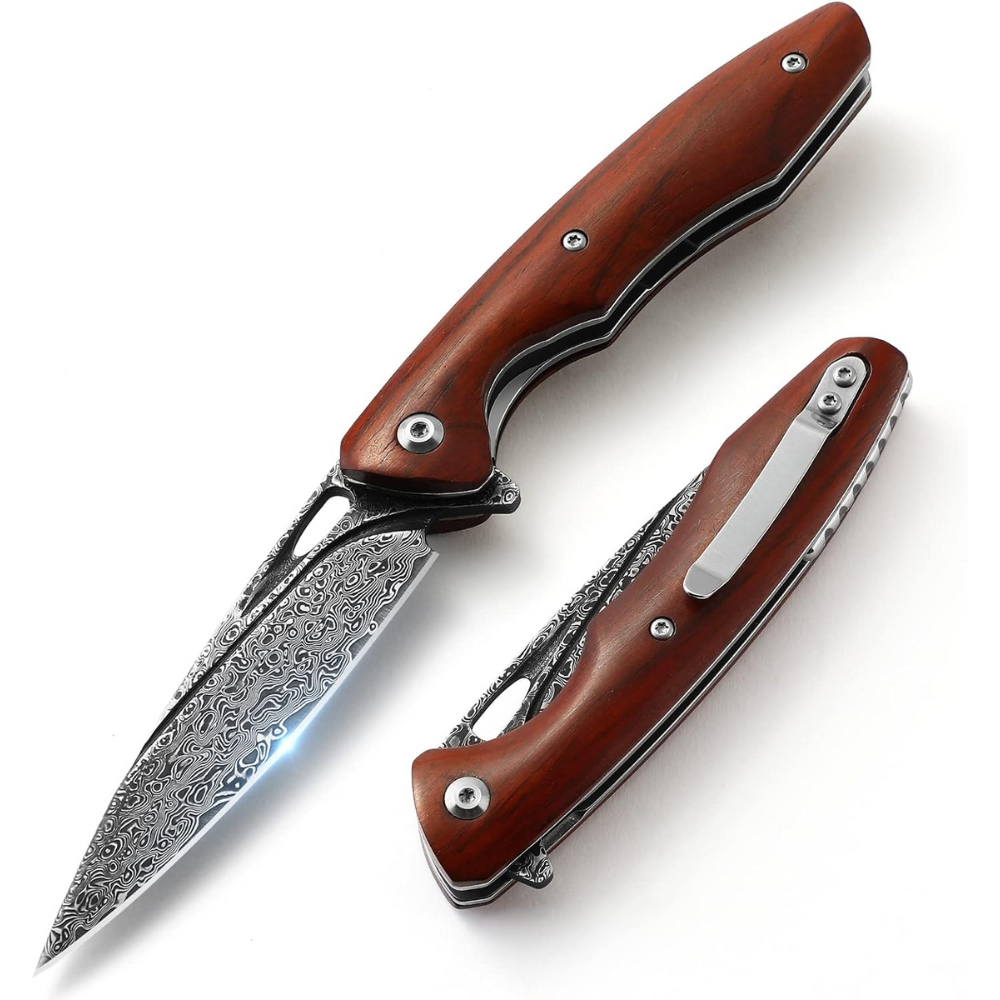
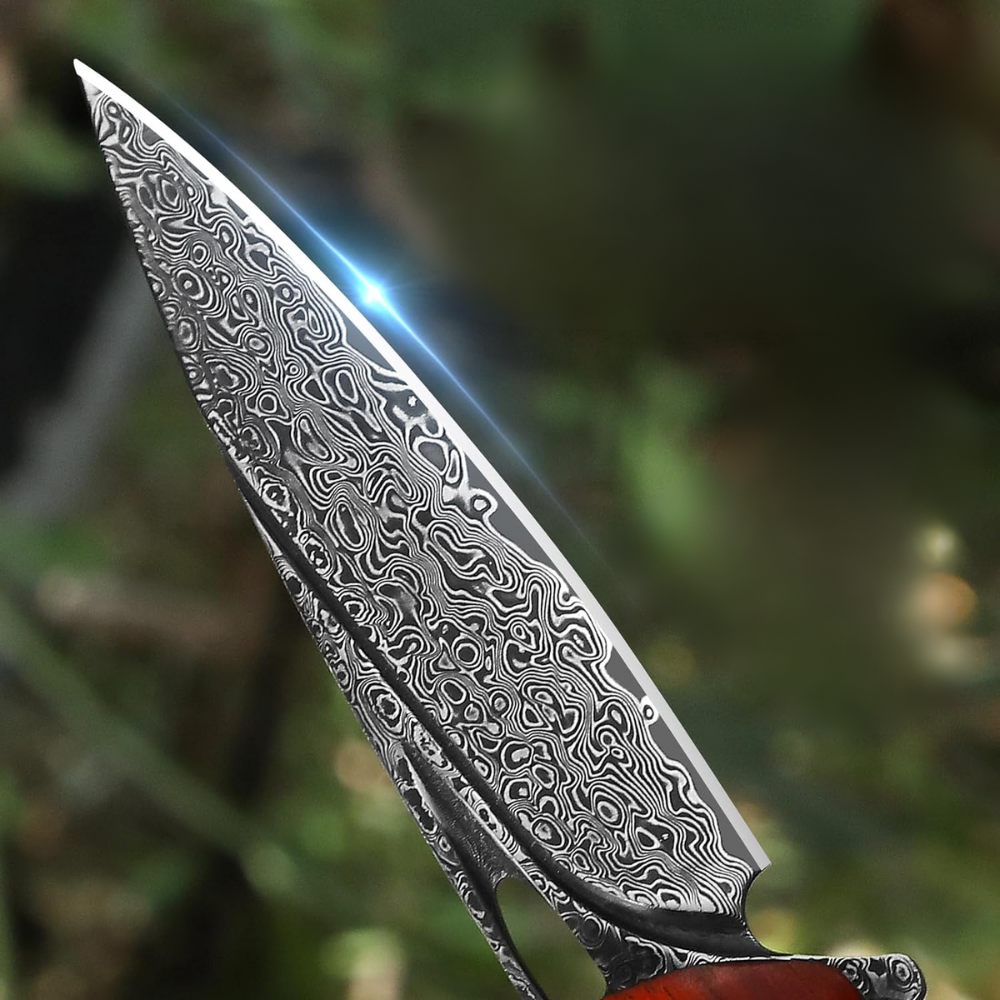
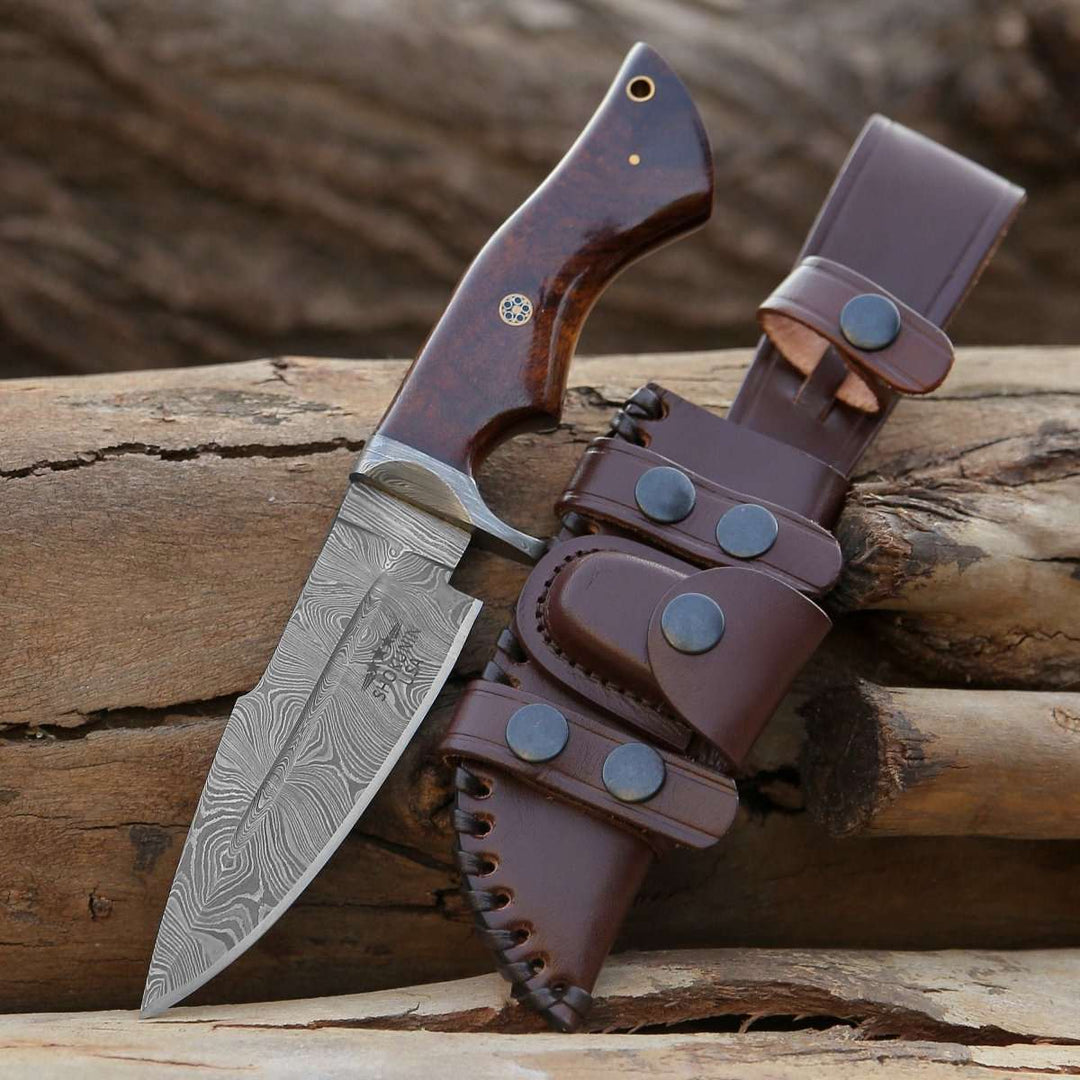
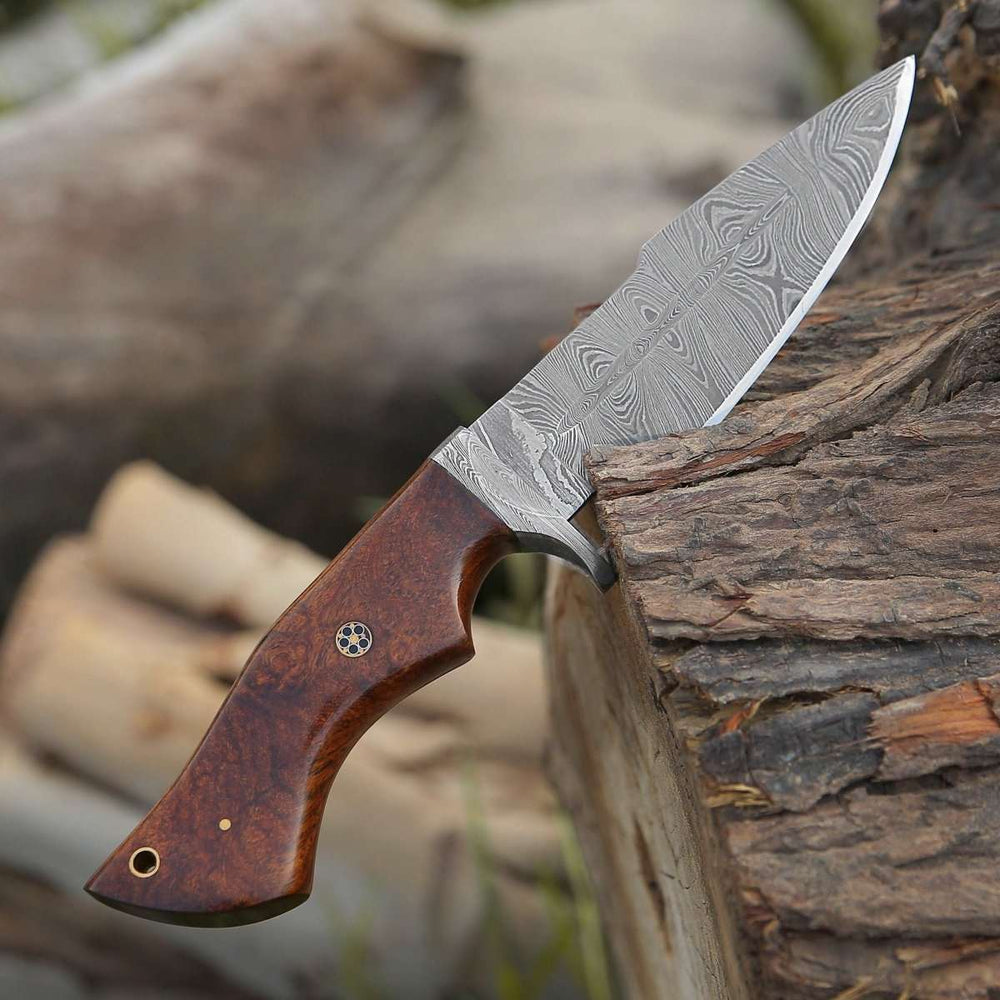
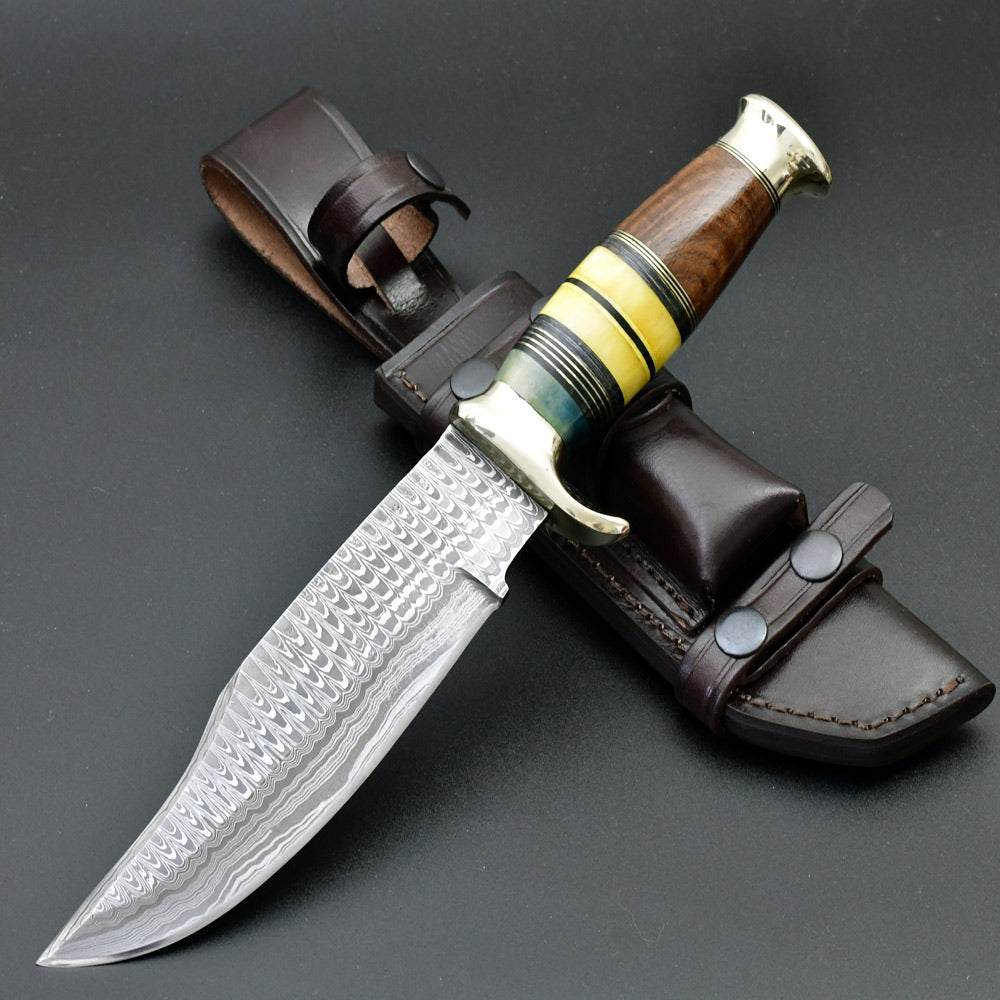
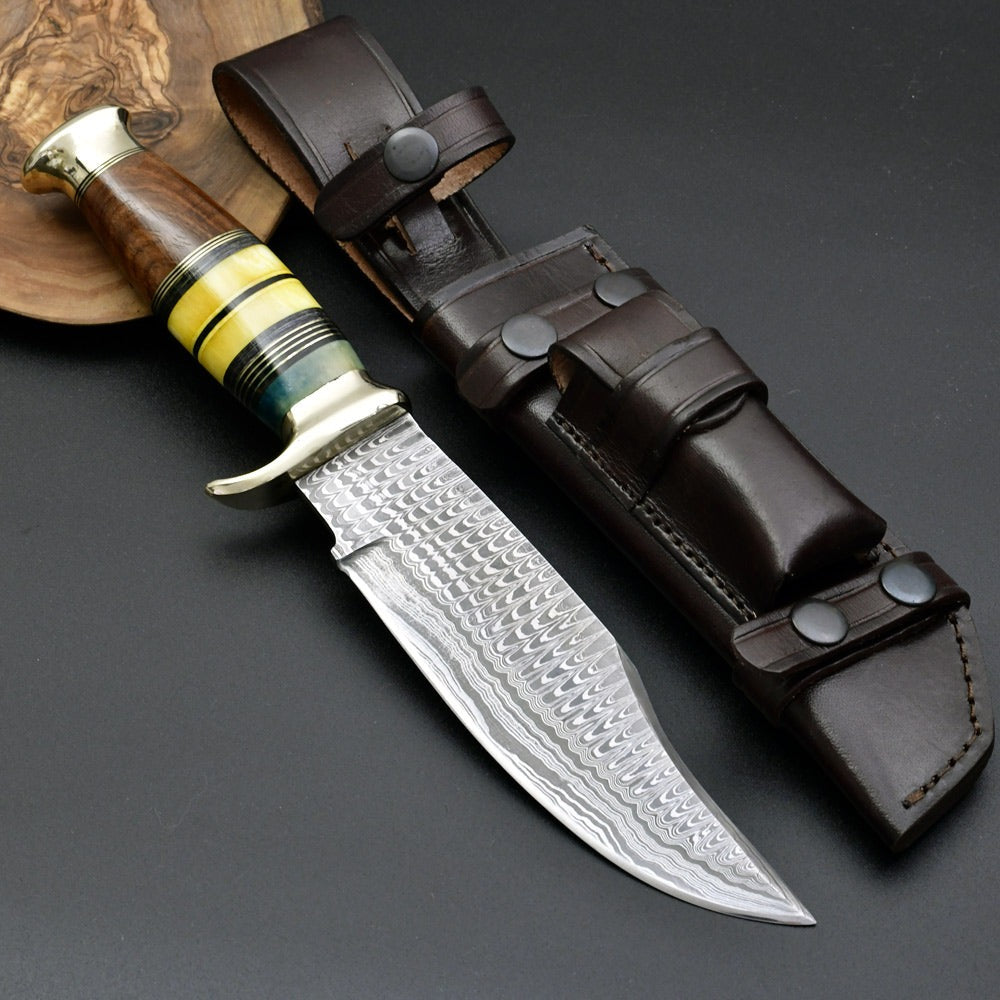
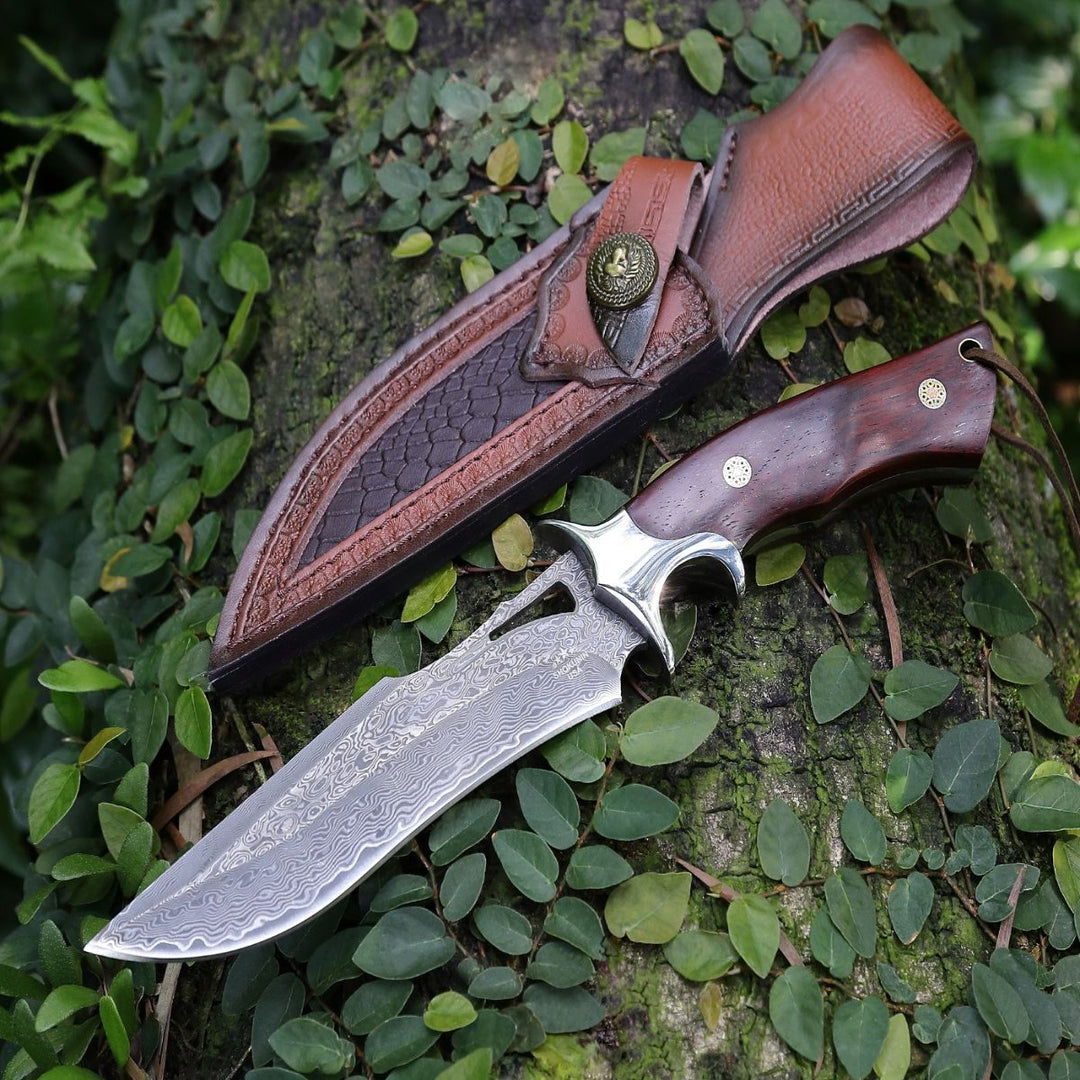
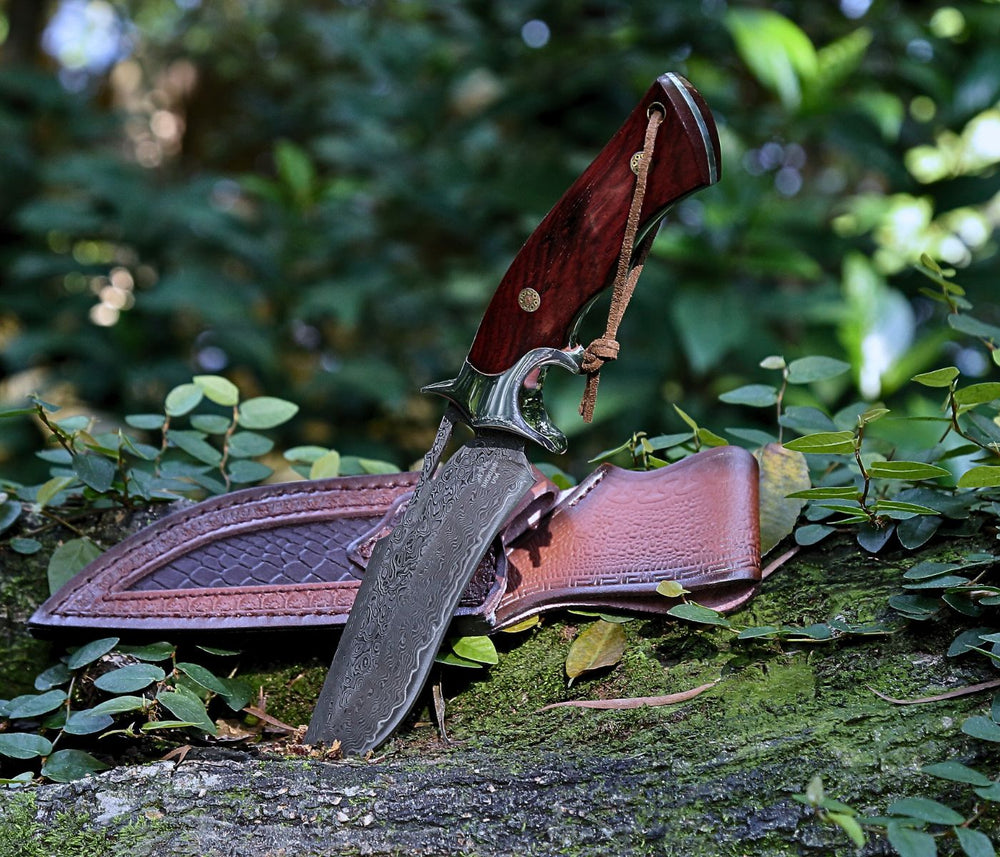
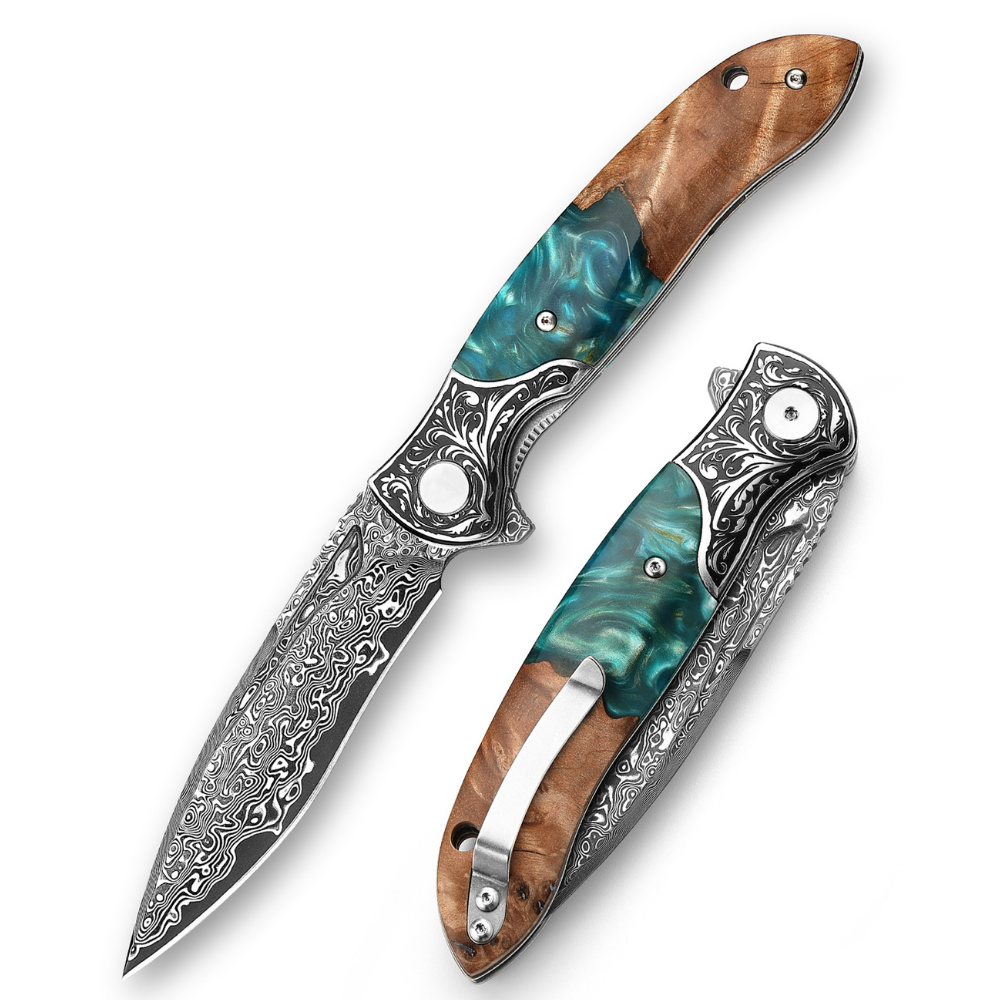
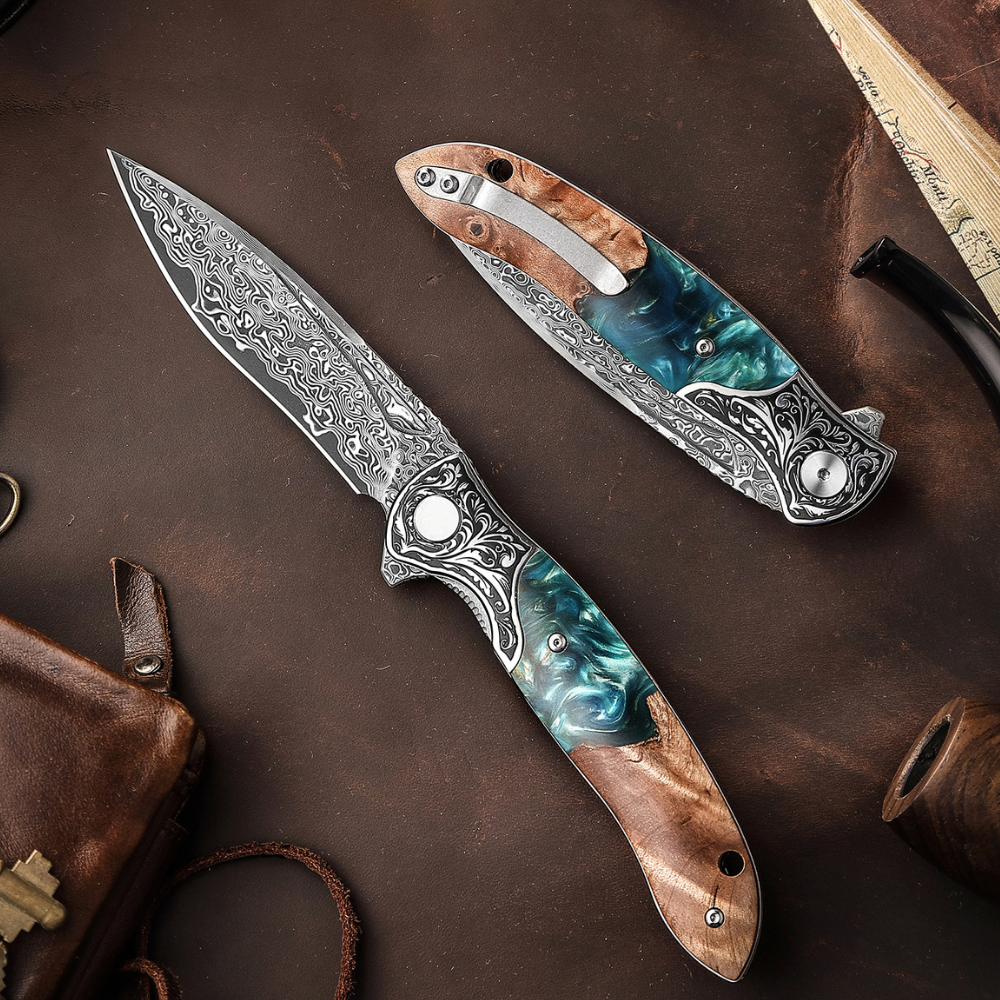
Dejar un comentario